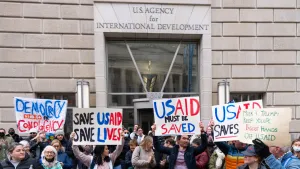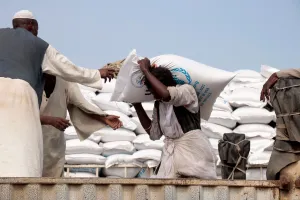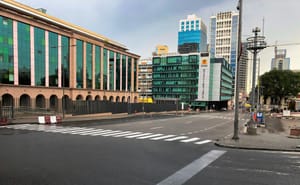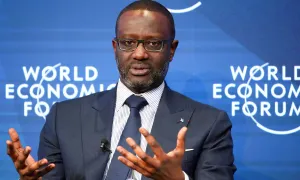Escalating Conflict in Eastern DRC Threatens Regional Stability
The Democratic Republic of the Congo (DRC) is once again at the epicenter of a burgeoning crisis as the Rwandan-backed M23 rebel group intensifies its offensive in the eastern regions. Despite recent regional summits advocating for a ceasefire, the situation on the ground suggests a trajectory towards broader regional conflict.
M23's Resurgence and Strategic Advances
The M23, a rebel faction with historical ties to Rwanda, has made significant territorial gains, notably capturing Goma, the capital of North Kivu province. Their advance southward indicates ambitions beyond local grievances, potentially aiming for greater autonomy or influence within the region. While Rwanda officially denies direct involvement, substantial evidence points to its support for M23, raising concerns about national sovereignty and regional power dynamics.

Humanitarian Crisis Deepens
The conflict has precipitated a severe humanitarian crisis. Reports detail widespread sexual violence, forced conscriptions, and mass displacements. Hospitals, particularly in cities like Bukavu, are overwhelmed, struggling to treat the influx of wounded civilians. The United Nations estimates that millions have been affected, with many lacking access to essential services and shelter.
International Repercussions and Diplomatic Strains
The international community has responded with a mix of condemnation and concern. The United Kingdom's Foreign Secretary, David Lammy, has warned Rwanda of potential aid suspensions totaling $1 billion due to its alleged involvement in the DRC conflict. Similarly, the European Union faces mounting pressure to reevaluate its mineral agreements with Rwanda, given the ethical implications tied to the ongoing violence.
Historical Parallels and Regional Implications
Analysts draw parallels between the current situation and the Second Congo War, emphasizing the risk of history repeating itself. The involvement of neighboring countries, either directly or through proxy groups, underscores the potential for the conflict to escalate into a broader regional war. The DRC's vast mineral wealth, particularly in coltan and cobalt, remains a central factor, attracting various actors seeking control over these resources.
Conclusion
The DRC stands at a critical juncture. Without concerted international intervention and genuine commitment from regional players to de-escalate tensions, the nation risks descending further into chaos, with ramifications that could destabilize the entire Great Lakes region.




